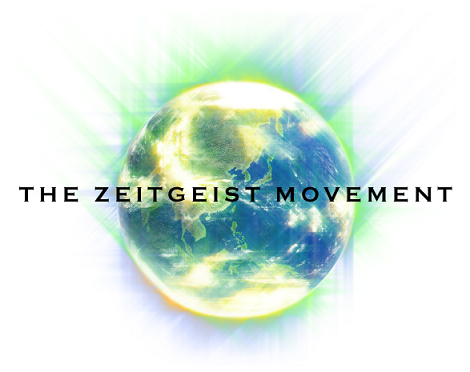“We paid the cover charge of life with our birth, and we all pay the full cost with our death, so everything else in between should be free.” - Bill Hicks
When the use of money as a means of resource allocation first occurred in ancient Mesopotamia (now Iraq and Syria) around five thousand years ago, a theory, which has since plagued humanity’s understanding of the world, was born. It has been named ‘the basic economic problem’ and is taught as gospel to all students of the free enterprise system. Sadly, challenges to its validity are thus rare, and economists of all levels are continually indoctrinated with a well-manipulated lie about the fundamentals of human sociology. It states the following:
“The world’s resources are finite, but human wants are infinite.”

The truth that so few ever learn is that there is no ‘basic economic problem’. To better understand this, some terminology must be first defined: most importantly, the erroneous phrase ‘human nature’.
Human nature is often defined as ‘the psychological attributes of humankind that are assumed to be shared by all human beings’. Like ‘the basic economic problem’, the truth is that there is no such thing as ‘human nature’, at least to the misguided and exaggerated extent understood by the majority. Humans, as a species, are actually born with virtually nothing that is ‘common’ to all. Arguably, the only thing that we do share is a basic need for survival, through the consumption of nutritious food and clean water, and shelter from danger. No human is born wanting to die, and so we can reliably claim that the desire to survive is part of ‘human nature’. That, however, is where humanity’s universal characteristics end, and that is why there is truly no such thing as ‘human greed’ or ‘the basic economic problem’. These are all myths designed to maintain your faith in a broken system.
Secondly, the term ‘monetary-ism’ must also be defined. Monetary-ism is used in this document in place of all the other ‘ism’ ideologies: capitalism, communism, socialism, fascism (and so on and so forth), for they are all fundamentally the same. They are all irrelevant ideologies with the same deep-rooted core: an unyielding faith in the monetary system. Communist China and capitalist America are really no different in this sense, and so this term will be used to more accurately describe the market-based free-enterprise system, where labour is sold for wages in order to fuel cyclical consumption. This general economic process will henceforth be referred to as monetary-ism.
No human being is naturally greedy. In the same way, no human being is good, bad, smart, stupid, or any other variable characteristic; this simply stems from the primitive religious expectation that there are only ‘good’ and ‘evil’ people. As an overall race, human beings simply are. Every boy and every girl is born into this world equal, a blank canvas. No human being is competitive or materialistic as a result of – depending on how you value those traits – any genetic advantage or fault, and this is why ‘the basic economic problem’ is essentially nonsense; people can be conditioned to believe that their demands are infinite, but this is not an inherent, unchangeable or fixed trait.
“The first man, who, after enclosing a piece of land, took it into his head to say ‘this is mine’, and found people simple enough to believe him, was the real founder of our current civil society. How many crimes, wars, murders, misfortunes and horrors would the human species have been spared had someone pulled up the stakes or filled in the ditch and cried out to his fellow men: ‘Beware of listening to this impostor. You are lost if you forget that the fruits of this earth belong to us all, and the Earth itself to nobody.’
- Jean-Jacques Rousseau
TO BE CONTINUED ...
Author: Liam Blee - Source: thezeitgeistmovement.com